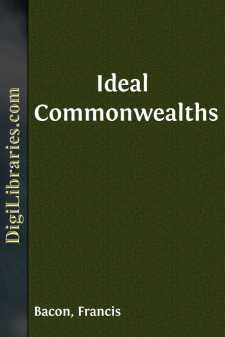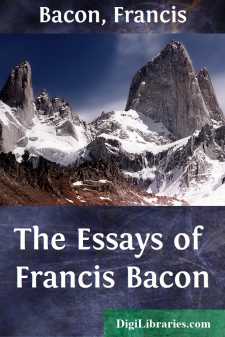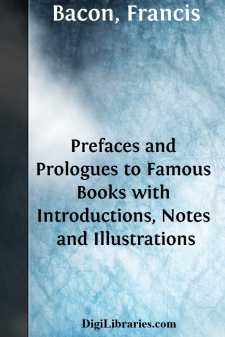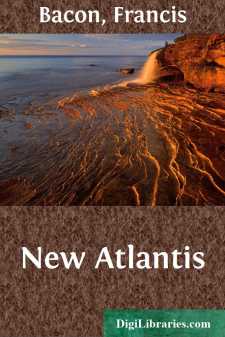Categories
- Antiques & Collectibles 13
- Architecture 36
- Art 48
- Bibles 22
- Biography & Autobiography 813
- Body, Mind & Spirit 142
- Business & Economics 28
- Children's Books 15
- Children's Fiction 12
- Computers 4
- Cooking 94
- Crafts & Hobbies 4
- Drama 346
- Education 46
- Family & Relationships 57
- Fiction 11828
- Games 19
- Gardening 17
- Health & Fitness 34
- History 1377
- House & Home 1
- Humor 147
- Juvenile Fiction 1873
- Juvenile Nonfiction 202
- Language Arts & Disciplines 88
- Law 16
- Literary Collections 686
- Literary Criticism 179
- Mathematics 13
- Medical 41
- Music 40
- Nature 179
- Non-Classifiable 1768
- Performing Arts 7
- Periodicals 1453
- Philosophy 64
- Photography 2
- Poetry 896
- Political Science 203
- Psychology 42
- Reference 154
- Religion 513
- Science 126
- Self-Help 84
- Social Science 81
- Sports & Recreation 34
- Study Aids 3
- Technology & Engineering 59
- Transportation 23
- Travel 463
- True Crime 29
Francis Bacon
Francis Bacon (1561–1626) was an English philosopher, statesman, and writer, often credited as one of the pioneers of the scientific method. His influential works include "Novum Organum" and "The Advancement of Learning," which laid the groundwork for modern scientific inquiry. Bacon's prose was rich with aphorisms and innovative ideas, emphasizing the importance of empirical evidence in understanding nature. He also served as Attorney General and Lord Chancellor of England under King James I but faced political disgrace towards the end of his life.
Author's Books:
Sort by:
by:
Francis Bacon
INTRODUCTION. Plato in his "Republic" argues that it is the aim of Individual Man as of the State to be wise, brave and temperate. In a State, he says, there are three orders, the Guardians, the Auxiliaries, the Producers. Wisdom should be the special virtue of the Guardians; Courage of the Auxiliaries; and Temperance of all. These three virtues belong respectively to the Individual Man, Wisdom...
more...
by:
Francis Bacon
Of Truth WHAT is truth? said jesting Pilate, and would not stay for an answer. Certainly there be, that delight in giddiness, and count it a bondage to fix a belief; affecting free-will in thinking, as well as in acting. And though the sects of philosophers of that kind be gone, yet there remain certain discoursing wits, which are of the same veins, though there be not so much blood in them, as was in...
more...
by:
Francis Bacon
INTRODUCTORY NOTE _No part of a book is so intimate as the Preface. Here, after the long labor of the work is over, the author descends from his platform, and speaks with his reader as man to man, disclosing his hopes and fears, seeking sympathy for his difficulties, offering defence or defiance, according to his temper, against the criticisms which he anticipates. It thus happens that a personality...
more...
by:
Francis Bacon
INTRODUCTORY NOTE Bacon's literary executor, Dr. Rowley, published "The New Atlantis" in 1627, the year after the author's death. It seems to have been written about 1623, during that period of literary activity which followed Bacon's political fall. None of Bacon's writings gives in short apace so vivid a picture of his tastes and aspirations as this fragment of the plan of...
more...





